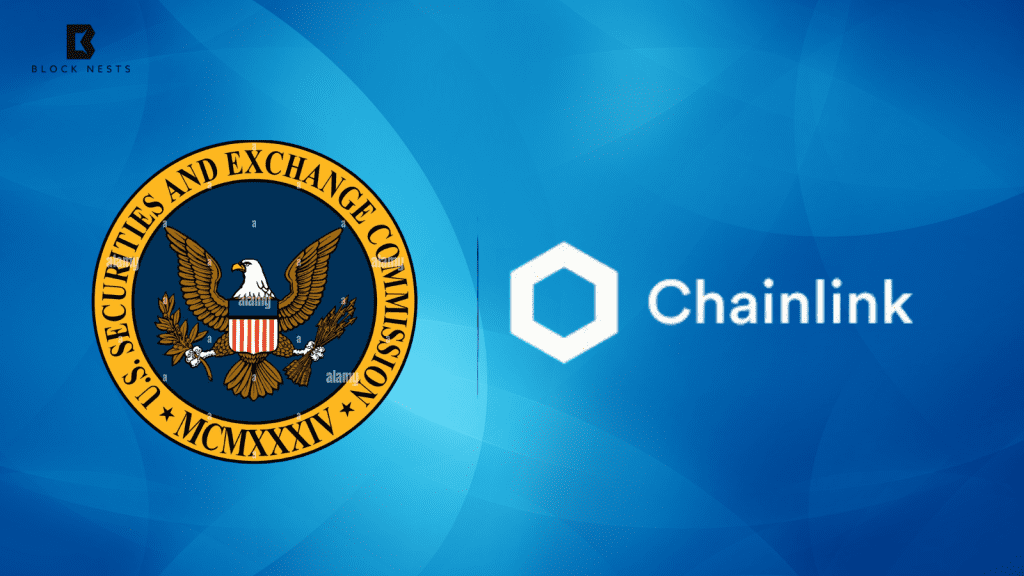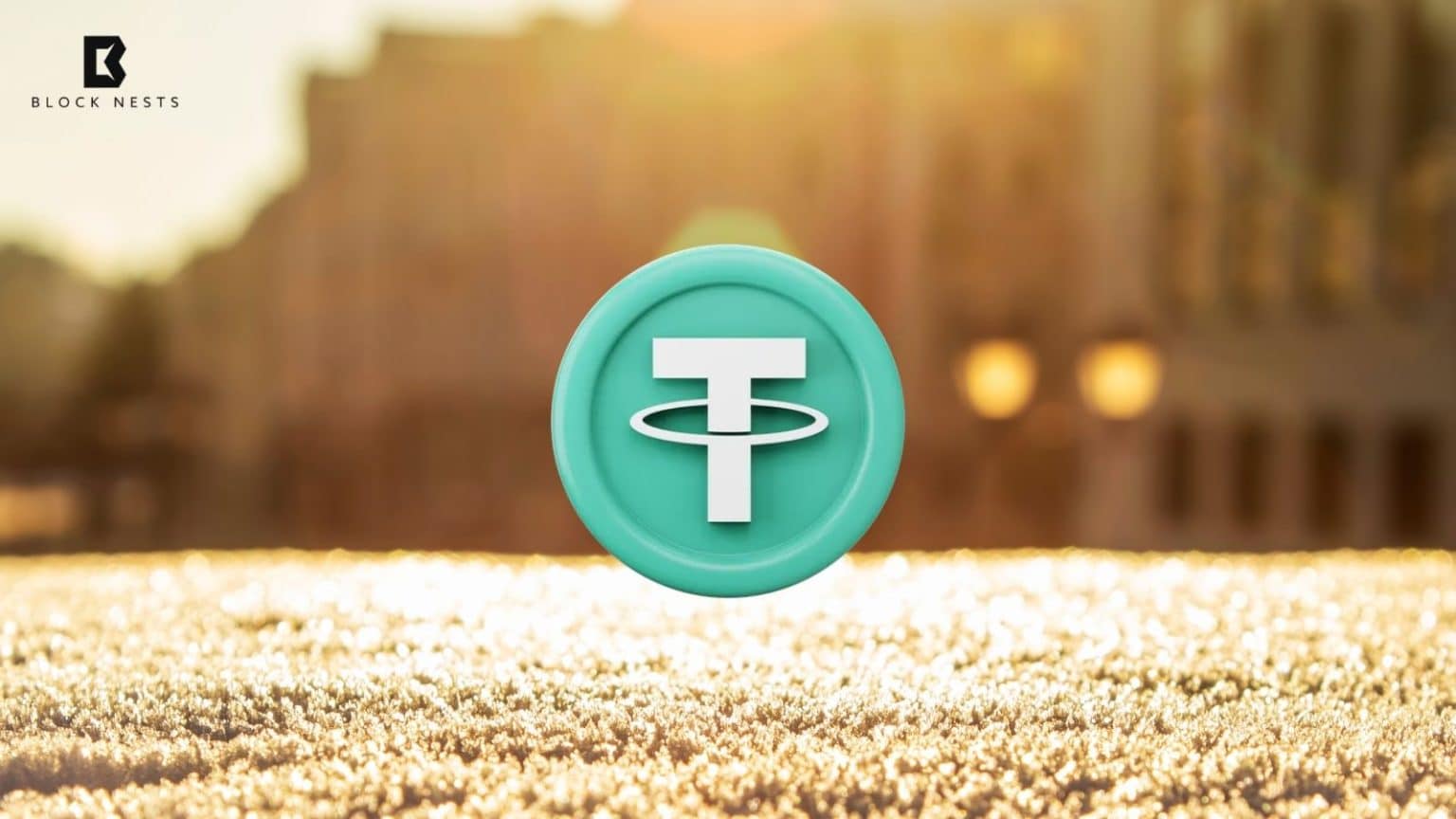- SEC’s updated guidance clarifies crypto rules to boost institutional adoption using public blockchains.
- Commissioner Peirce says the FAQ reiterates current rules, signaling careful crypto regulation progress.
- Chainlink helped shape the SEC’s guidance, easing blockchain compliance for financial institutions.
The SEC issued revised guidance on May 15 to define how current securities laws apply to entities handling cryptocurrencies and digital assets. The updated FAQ is designed to provide clarity and encourage more mainstream adoption of cryptocurrencies for institutional financial transactions using public ledgers. It marks an important move towards bringing digital assets and blockchain innovations into the established financial system.
Commissioner Peirce noted that the FAQ update is relatively limited compared to the planned comprehensive changes being developed by the SEC. Peirce said that the FAQ clarifies existing guidelines instead of establishing new ones. The SEC appears to be careful in its actions as it considers a comprehensive overhaul of crypto rules.
Chainlink Supports SEC
Chainlink expressed its support for the SEC’s clarifications on public blockchains. The Chainlink views this development as a significant achievement in eliminating longstanding challenges faced by financial institutions when utilizing public blockchain networks. Chainlink participated in confidential conversations with the SEC Crypto Task Force prior to the publication of the guidance.
However, Chainlink Labs recently shared its smart contract roadmap and privacy-focused implementation techniques with representatives from the SEC. Chainlink’s co-founder proposed a cross-chain transfer agent model that simplifies compliance by aligning approaches to transferring ownership in securities and blockchains. Discussions with Chainlink Labs led the SEC to adopt technical language such as “unified golden records” and smart-contract–based compliance controls in their FAQ.
The guidance details the application of obligations relating to custody and regulation of capital positions to digital assets. SEC guidance confirms that dealers that only possess non-security cryptocurrencies, such as Bitcoin and Ethereum, do not have to comply with SEC Rule 15c3-3, which applies solely to securities. This guidance better defines the responsibilities for broker-dealers transacting with digital assets.
SEC and SIPA Risks
The SEC clarified how broker-dealers should include digital assets in their net capital calculations. However, the FAQ makes clear that broker-dealers aren’t limited to just holding BTC or ETH, the underlying assets for SEC-authorized exchange-traded products.
The SEC added that non-securities tokens aren’t covered by the provisions of the Securities Investor Protection Act (SIPA). Those preserving these assets in registered brokerages could encounter risks not covered by regulatory laws.
Transfer agents are also provided clarity on how they can use DLT, such as public blockchains. To keep track of investment securities. Regulation permits transfer agents to utilize any technology that guarantees the safety, precision, public availably, and implementation of storage obligations.
This development allows U.S. financial institutions to transition essential fund operations to the blockchain using compliant technologies. This action may lead to significant cost savings across the globe’s nearly $132 trillion fund administration market. Chainlink plays a central part in connecting established financial institutions with decentralized blockchain solutions in a compliant manner.
How would you rate your experience?






